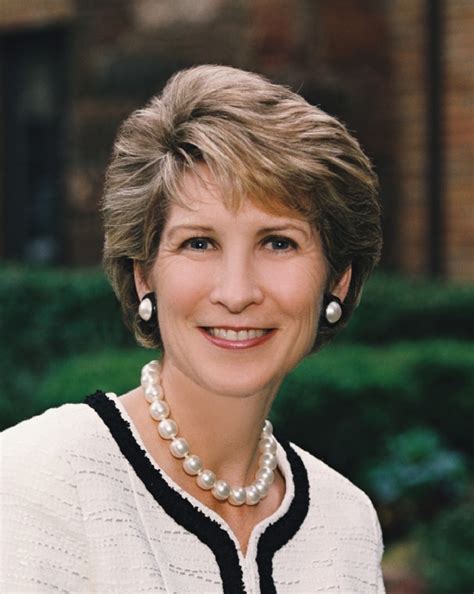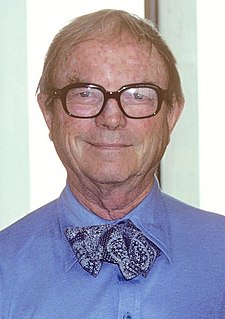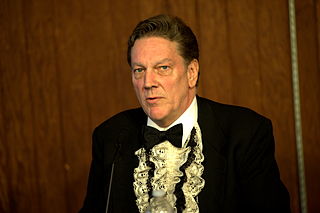A Quote by Laura Miller
If we weigh the significance of a book by the effect it has on its readers, then the great children's books suddenly turn up very high on the list.
Related Quotes
The ecological impact of book manufacture and traditional book marketing - I think that should really be considered. We have this industry in which we cut down trees to make the paper that we then use enormous amounts of electricity to turn into books that weigh a great deal and are then shipped enormous distances to point-of-sale retail.
There is the myth that writing books for children is easier than writing books for grownups, whereas we know that truly great books for children are works of genius, whether it's 'Alice in Wonderland' or the 'Gruffalo' or 'Northern Lights.' When it's a great book, it's a great book, whether it's for children or not.
Book readers are special people, and they will always turn to books as the ultimate pleasure. Those who do not read are the unfortunate ones. There's nothing wrong with them; but they are missing out on one of life's compensations and rewards. A great book is a friend that never lets you down. You can return to it again and again and the joy first derived from it will still be there.
There were many books in my parents' home. I'm from a family of five children and we were all readers. And so by the time I left home, I had already read many books, and I was very interested in reading more. That was when I started to have the desire to write. But it wasn't like a divine apparition with angels and seraphins on high. Not for me, at least.
A reader is entitled to believe what he or she believes is consonant with the facts of the book. It is not unusual that readers take away something that is spiritually at variance from what I myself experienced. That's not to say readers make up the book they want. We all have to agree on the facts. But readers bring their histories and all sets of longings. A book will pluck the strings of those longings differently among different readers.
I was doing a terrible thing in using the very books you clung to, to rebut you on every hand, on every point! What traitors books can be! You think they're backing you up, and then they turn on you. Others can use them, too, and there you are, lost in the middle of the moor, in a great welter of nouns and verbs and adjectives.
Kindle Singles is publishing on skates. It prints like lightning; our book meets readers in hours. I've spent so many years waiting for publishers to consider whether they wanted to print a book of mine, making contracts, taking months to fit it into the Fall list or the Spring list, fitting it into an advertising plan.
I don't change the language for children books. I don't make the language simpler. I use words that they might have to look up in the dictionary. The books are shorter, but there's just not that much difference other than that to be honest. And the funny thing is, I have adult writer friends [to whom I would say], "Would you think of writing a children's book?" and they go, "No, God, I wouldn't know how." They're quite intimidated by the concept of it. And when I say to children's books writers, would they write an adult book, they say no because they think they're too good for it.
You've got to give kids really beautiful children's books in order to turn them into revolutionaries. Because if they see these beautiful things when they're young, when they grow up they'll see the real world and say, 'Why is the world so ugly?! I remember when the world was beautiful.' And then they'll fight, and they'll have a revolution. They'll fight against all of our corruption in the world, they'll fight to try to make the world more beautiful. That's the job of a good children's book illustrator.


































